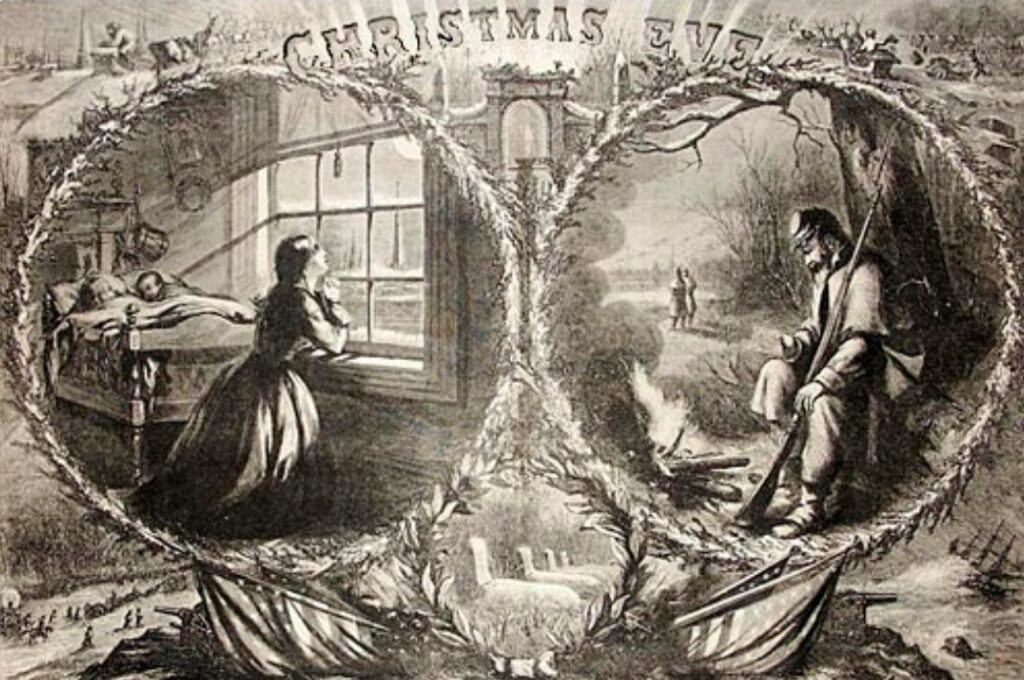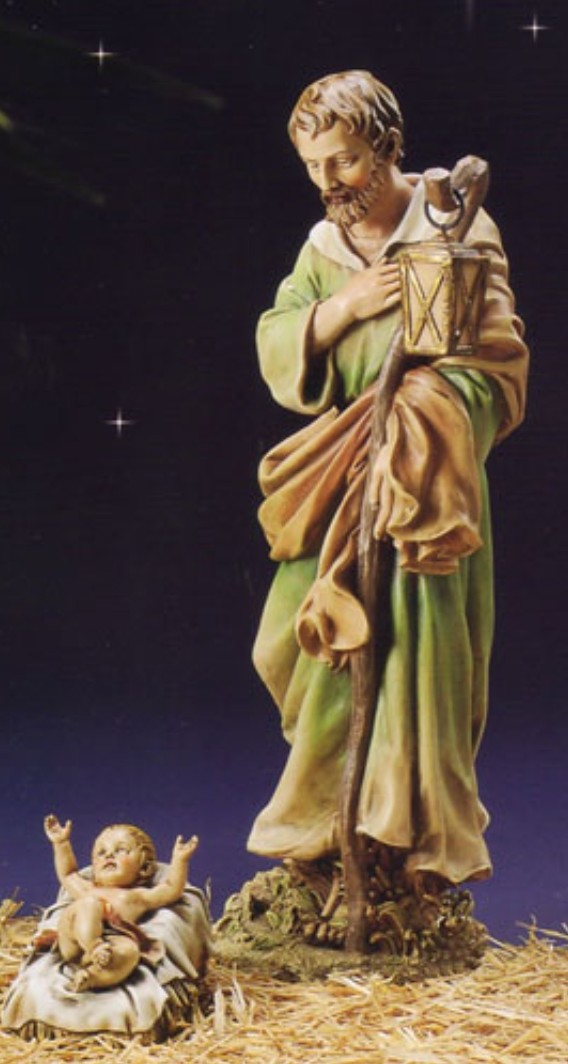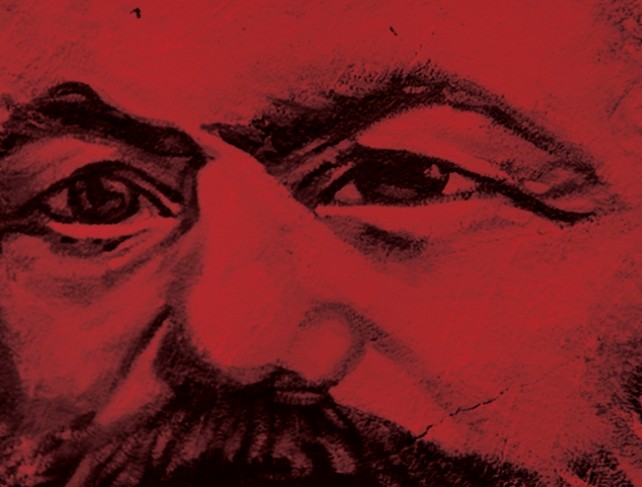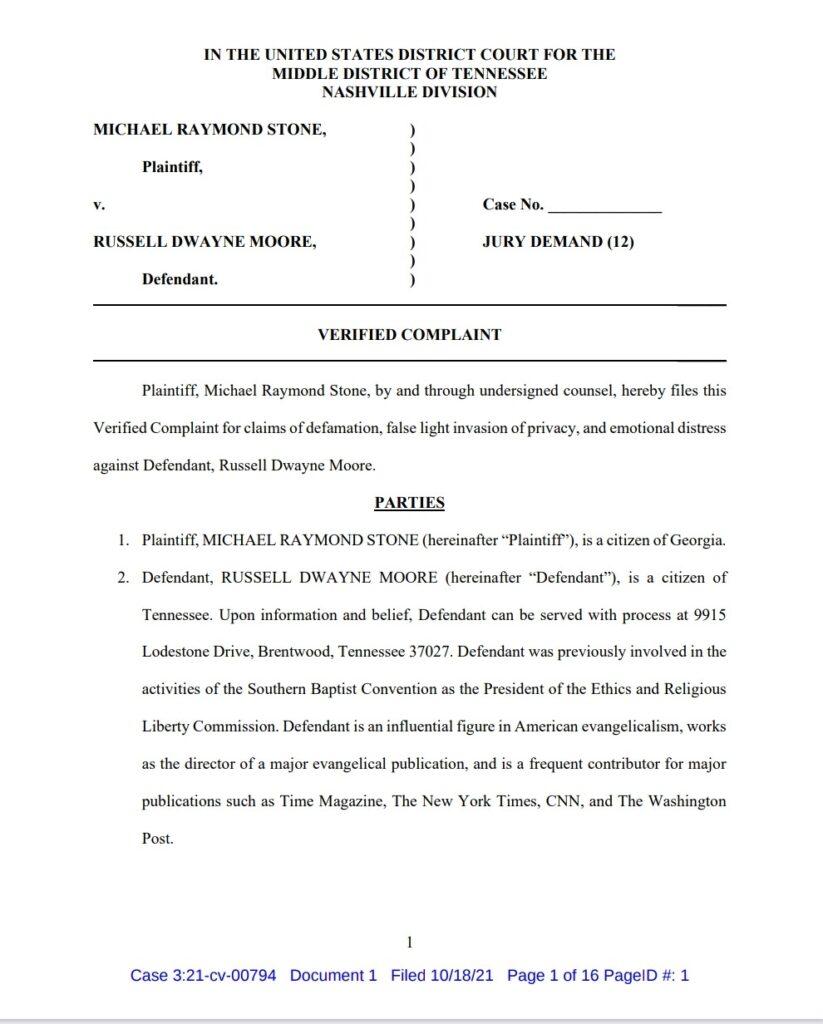
“Peace on earth, good will toward men.”
At the end of a particularly trying year, I share with you some particularly hopeful words. Those seven words were penned in 1863 by the poet Henry Wadsworth Longfellow in Christmas Bells. The poem became a famous Christmas carol, I Heard the Bells on Christmas Day, which served to further popularize the words of Luke 2:14. That beautiful verse in the Christmas story records what those stunned shepherds heard in the night skies over Bethlehem: the good news of the birth of Christ miraculously announced by “the multitude of the heavenly host.”
Such holy fanfare was highly appropriate, for God had kept His word. Just as Isaiah had prophesied, the “Prince of Peace” had come! But we don’t get very far in any of the Gospel accounts before we realize that the peace brought by Jesus was not, and is not, the kind of peace that people expect. John particularly nailed it: “He came unto his own, and his own received him not.”
So I suppose that leaves us wondering what the peace of Christ is really all about. I’ll explore that in our last few days before Christmas.
The peace of Christ is spiritual peace. It is peace with God, after all, which means that it is intrinsically supernatural in origin. By the cross and resurrection of Jesus, God’s grace accomplishes for and in us a reconciliation the extent to which we never could have dreamt. Perhaps I should describe such extraordinary peace as supranatural instead. Especially in our most chaotic seasons, amid the chaos and clamor of whatever stripe, does not such peace sound like music to our ears?
The peace of Christ is otherworldly peace. It doesn’t get enacted into law. Nor is it ushered in by a conquering army, or secured by a powerful military. It is entirely and exquisitely divine. But it embraces us in our desperate inability to create peace on our own. Once I am born again and have peace with God, I can begin to experience peace with others. Not only that, but the omnipotent Spirit of God is able to make me, within my tiny sphere of influence, a peacemaker for God’s glory.
The peace of Christ is extravagant peace. No amount of money in the world can procure it. It is in fact utterly priceless. As you and I count our many blessings at the close of 2021, I hope that our hearts well up with praise when we think about all that “God with us” has done to make peace for us both a present reality and a future inheritance. Again, Isaiah captured it: “Of the increase of his … peace there will be no end.”
Longfellow’s “chant sublime” from an era of Civil War strife included the words “wild and sweet” to describe the hopeful sounds of peace. It’s interesting to me that newer versions of the song have changed the lyrics to “mild and sweet.” I like the older lyrics, personally, because I don’t ever want to lose sight of the untamed and uncultivated nature of genuine peace.
Peace is not of us. In fact, it is innately foreign to us. We are rebels and fighters by nature. If I am ever to know the peace that surpasses understanding, then my sinful human nature must be wrestled to the ground. My old ways must be killed, or they will kill me. Only a Sovereign God can accomplish such an impossible yet marvelous thing.
In the form of a tiny baby, that Warrior God has come to earth! He has loved us to death–His and ours–that we may have life. He has lavished upon us the sweetness of His abundant grace. Where there was no peace, He has made peace with and for us.
So I pray for you a Christmas wild and sweet.
Peace,
Pastor Charles


















Recent Comments